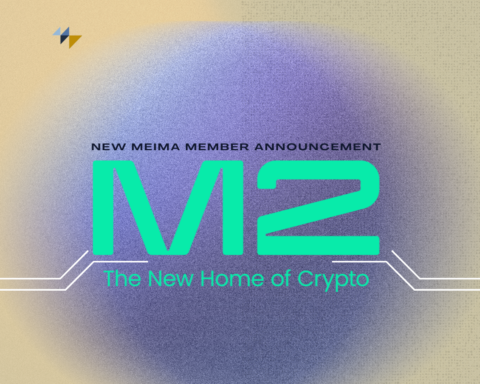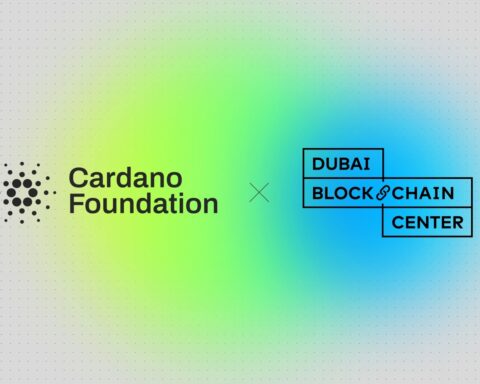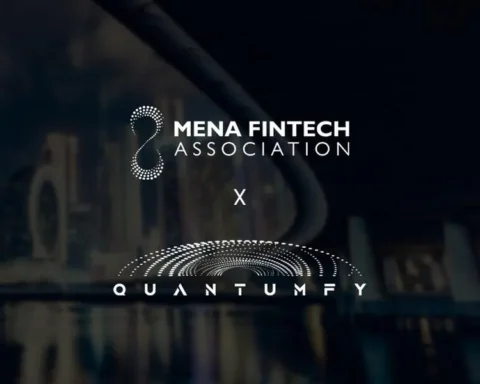Hedera Hashgraph, the most used, sustainable, enterprise-grade public network for the decentralized economy, today announced an upgrade to its Smart Contract Service, which will soon allow developers to harness the speed and scalability of the Hedera Token Service (HTS) for fungible and non-fungible tokens with the flexibility of fast, low-fee, and industry-standard Solidity smart contracts.
The upgrades will include integrating the Hyperledger Besu EVM and a unique virtual merkle data structure to more efficiently manage state changes on the Hedera network, as well as creating a new and highly performant database for state storage. These innovations enable new use cases that have been too slow and expensive to function well on existing smart-contract-based platforms.
“Smart-contract-driven applications today are powering an ecosystem of users, capital, and applications, driving trillions of dollars in economic activity. In Q2 2021 Ethereum settled $2.5 trillion in transactions, but this is just the tip of the iceberg in terms of the amount of commerce that can be pushed through Solidity-based contracts if they can be made orders of magnitude faster and more scalable,” said Atul Mahamuni, SVP of Products for Hedera. “With these enhancements, we are enabling the large and growing ecosystem of hundreds of thousands of Solidity and Vyper developers to make Solidity contracts extremely fast and highly scalable.”
Since its launch in February 2021, the Hedera Token Service (HTS) has seen broad adoption for use in applications leveraging both fungible and non-fungible tokens (NFT). HTS offers users the ability to issue and configure tokens on the Hedera platform, taking full advantage of Hedera Hashgraph’s native performance, security, stability, and governance with the ability to scale to thousands of transactions per second.
With the enhancements to Hedera’s Smart Contract service – which will be scalable to hundreds of transactions per second with finality in seconds and low, predictable fees – developers will be able to also enable programmability of those tokens, to enable DeFi and other applications, which require payments based on certain actions being taken or conditions being met. Smart contracts only have to be called as-needed, not during ordinary transfers, thereby taking advantage of the native speed of HTS, and offering the most flexible way to achieve programmability.
“At DOVU we are building proof-of-carbon, a trusted audit trail for the full verification, minting, and ongoing audit of carbon credits, our cDOV assets. We decided to leverage the Hedera network because it is unparalleled in cost and time to finality, and have the proven green credentials to boot,” said Matt Smithies, CTO of DOVU. “The new enhancements to Hedera’s Smart Contract service will ultimately enable DOVU to achieve our vision to evolve into a complete, non-custodial solution for our farmers and land managers to prove the ongoing storage of carbon. In other words, this has the potential to unlock the ability for DOVU to track decades worth of changes of carbon for a single project, whilst utilizing the security and native speed of Hedera Hashgraph, without relying on any layer 2 network.”













